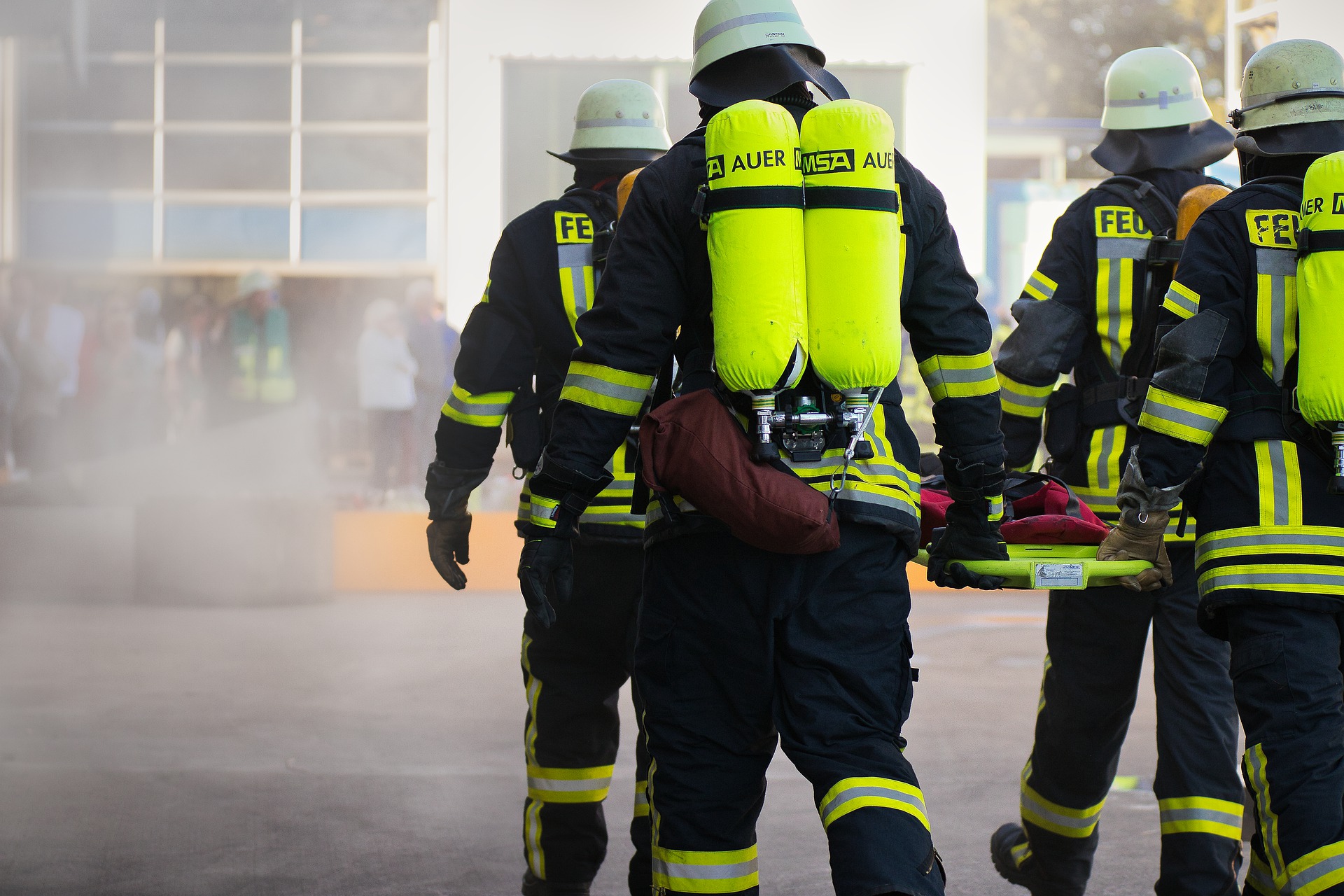In September, the Ontario Landlords Association officially launched a fire safety campaign to raise awareness about fire safety responsibility in rental properties. There are far too many stories that involve tenants tragically dying in easily preventable fires, with landlords facing serious penalties because they didn’t take the proper precautions to ensure fire safety compliance. It’s crucial that landlords provide their tenants with a safe place to live, making serious fire safety compliance an absolute must. Here’s what Toronto landlords need to know about fire safety in rental properties.
Ontario fire safety requirements
The Ontario government has a thorough Fire Code that landlords should get familiar with, laying out the responsibilities of landlords and requirements regarding fire and carbon monoxide alarms. According to the Fire Code, Ontario landlords are responsible for installing smoke alarms in the hallway of dwelling units where sleeping areas are served by a hallway, or between the sleeping area and the remainder of the unit when not served by a hallway. The code also states that smoke alarms must be installed on each storey of a dwelling unit without a sleeping area, and inside sleeping areas not in a dwelling unit. Smoke alarms must be permanently connected to an electrical circuit with no disconnect switch, or be battery-operated.
Landlords are also responsible for installing one carbon monoxide alarm per sleeping unit in all buildings with residential occupancy and a fuel-burning appliance, a fireplace, or a storage garage. These alarms also need to be permanently connected to an electrical circuit, or battery-operated, and must meet the minimum standards outlined by the Fire Code.
All Ontario landlords are responsible for testing and maintaining them in operating condition. Testing of both alarms should occur annually, after every change in tenancy, or after any changes to the electrical circuit. Landlords are also responsible for giving tenants access to manufacturers’ maintenance instructions or approved instructions from an alternative source.
What landlords should do to ensure fire safety
Toronto landlords should embrace the fire safety regulations laid out for them, as it helps to ensure that you’re giving tenants access to safe living quarters. These regulations also let you take proactive measures to protect yourself in the event that something catastrophic were to happen. In order to ensure that you and your tenants are protected from the threat of fire, you should consider doing some of the following:
- Ensure that tenants have access to a fire extinguisher, especially one in close proximity to the kitchen
- Regularly check to ensure that exit lights are working as intended
- Inform tenants that they need to keep clutter away from staircases, hallways, and common areas
- Keep emergency exits free of snow and ice in the winter, and free of clutter at all times
- Inspect and maintain doors to ensure proper operation
- Test emergency lighting
- Inspect any portable fire extinguishers that have been supplied to tenants – chemical extinguishers should be replaced every 5-6 years
- Consider conducting fire alarm drills if you are a building landlord, and encourage tenants to have an evacuation plan
- Conduct annual smoke alarm and carbon monoxide testing in all tenant units, after giving the proper notice to tenants
By taking initiative and including these things in your regular, monthly, and annual duties as a landlord, you’re ensuring the safety and security of all present and future tenants. These things might seem like an annoyance in the moment, but they can go a long way in saving somebody’s life and protecting your property.
The consequences of Fire Code violations
Too many landlords have been penalized after failing to take the necessary fire safety precautions, or for not taking the threat of fire seriously. Famously in the case of R. v. Singh, an Ontario landlord was charged with and convicted of criminal negligence causing death, receiving a sentence of three years in prison. This came after the landlord’s tenant died when a hotplate caught fire while he was asleep – the tenant woke up and attempted to fight the fire, but died of smoke inhalation. Another tenant suffered serious burns while trying to save the occupant.
Among other offences, the landlord was found to have not installed smoke alarms in upstairs bedrooms and that the existing alarms in the house did not function properly, was aware that his tenant cooked food in his bedroom, and had previously been informed that he was in breach of the Fire Code. Cases like these are important reminders of why it’s so important to take fire safety seriously, and to comply with the Fire Code at all times. When taken seriously, fire safety can save lives and prevent these situations from taking place.
Toronto property management companies like Highgate Properties are familiar with every aspect of the Ontario Fire Code, and work to ensure compliance in all units. Our team understands the importance of fire safety for both tenants and landlords. We ensure that smoke and carbon monoxide alarms, emergency exits, fire extinguishers, and more are regularly inspected and maintained to guarantee a safe and secure environment for tenants. Highgate Properties takes care of responsibilities like these so that you can tend to the more important things in your life.
For more information about the property management and realty services offered by the experienced team at Highgate Properties, contact us today.





